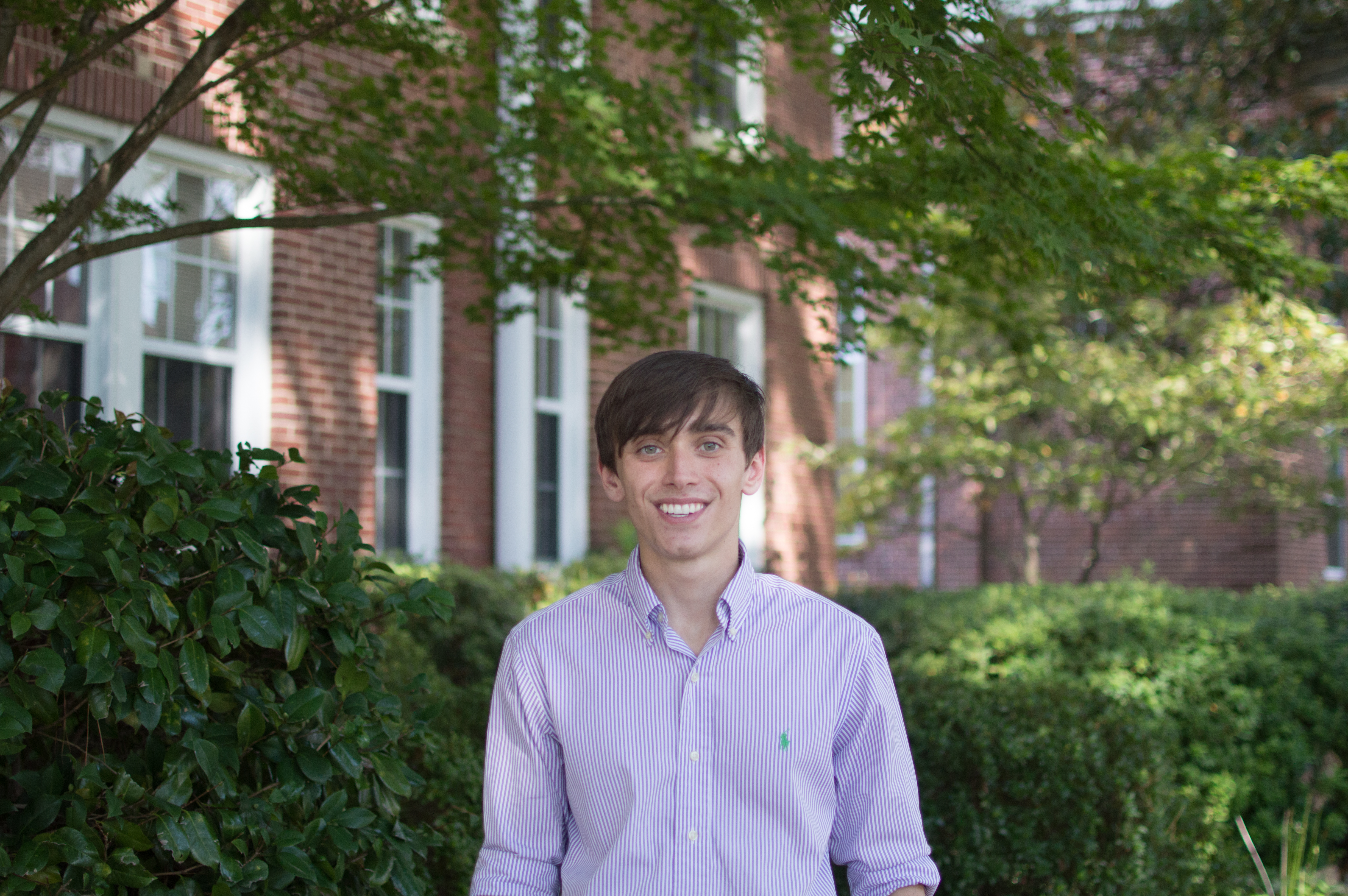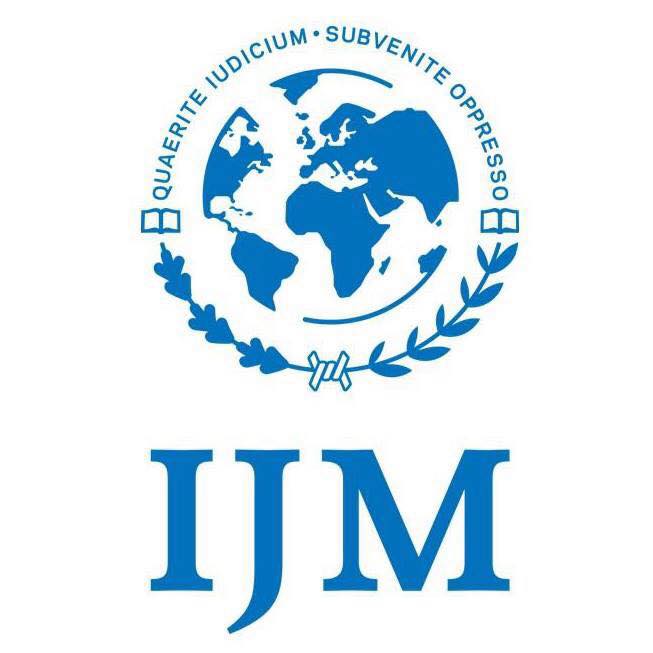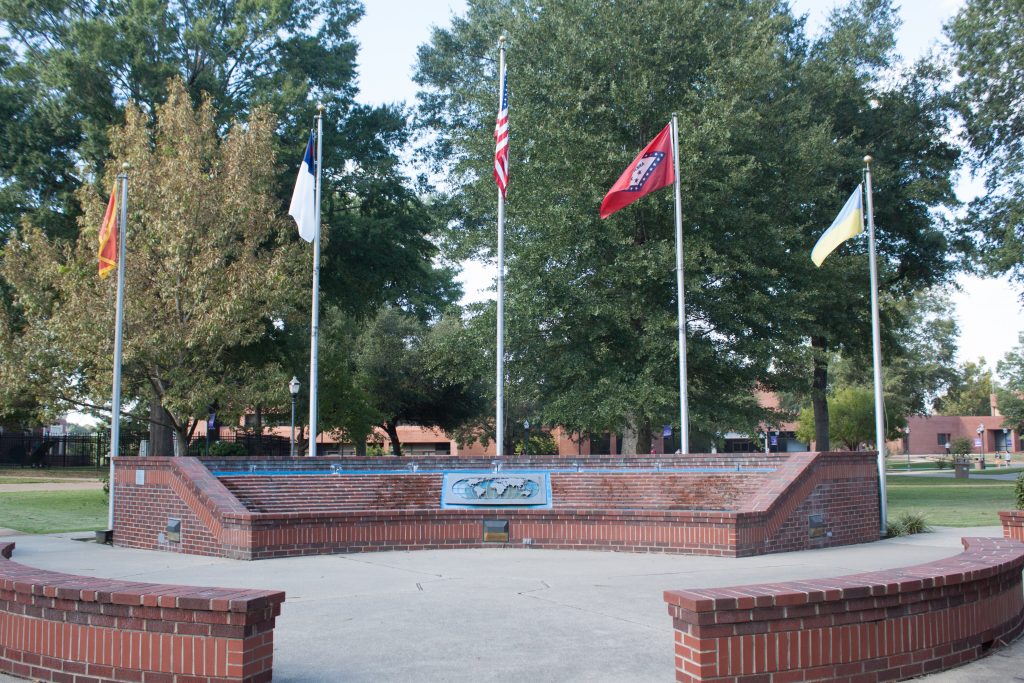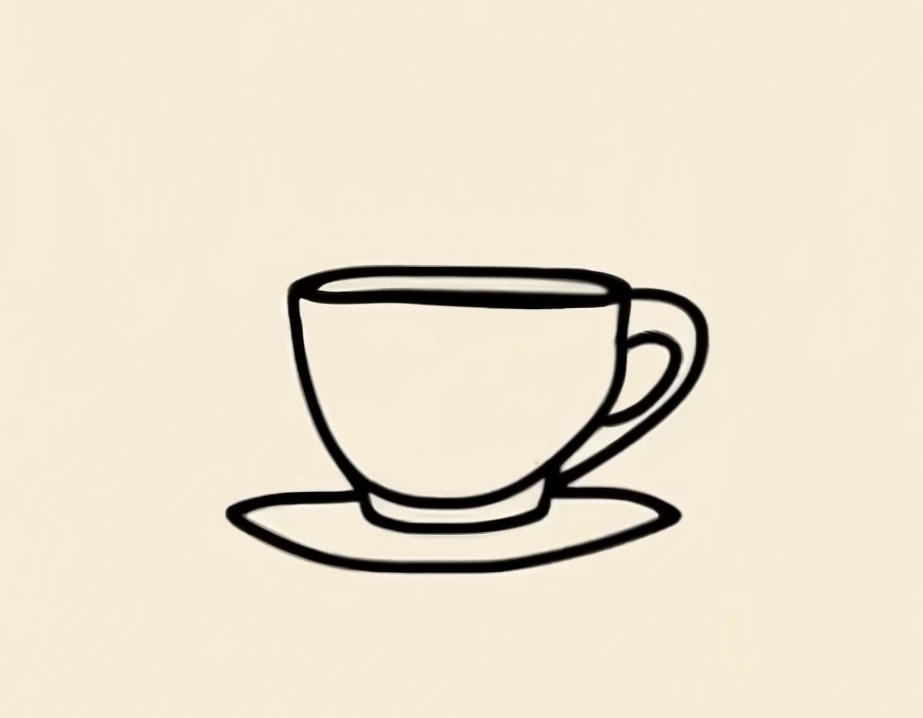“Any human being – no matter who they are or which side they’re on – if they need our help, it’s our duty to save them.”
Khalid Farah, a former Syrian tailor, gathers a few pieces of wood and stokes a small fire in his living room. He kisses his baby daughter goodbye and tells her not to give her mom too much trouble. He leaves his home with a white helmet in his hand.
Nearby, Abu Omar, a former Syrian blacksmith, kisses his mother on the forehead and bids her farewell. After joining Khalid, the two walk through the rubble of several destroyed buildings.
The sequence cuts to a shot of Mohammad Farah, also a former Syrian tailor, studying the Quran. He puts on a jacket and a beanie before heading out. An emblem of a white helmet can be seen on his left arm.
Soon after, Khalid, Abu and Mohammad enjoy a meal with a handful of other Syrian men in the Ansari District of Aleppo City, Syria.
A low rumble cuts through their laughter and conversation. A plane thunders overhead, the earth shakes and within seconds a plume of black smoke rises from a group of buildings in the distance. The men quickly put on their white helmets and pile into a red bus.
“It’s the Russians,” one of them says.
After arriving at the site of the bombing, the men immediately begin to assist those in need. They direct people to safety. They recover children from the rubble and take them to their parents. And after helping a man double check that no one else in his building needed rescuing, Khalid races down the stairs, leaving the man with a promise.
“Whatever you need, we’re the White Helmets.”
Debuting at the 2016 Toronto Film Festival in September, “The White Helmets” captures the day-to-day life of members of the Syrian Civil Defense (also known as the White Helmets) – a group of 2,900 civilians located in 120 centers across Syria, who serve as first responders to indiscriminate bombings of civilian communities in rebel-held areas by the Syrian Arab Air Force. Following the intervention by Russia in the Syrian conflict on September 30, 2015, much of the White Helmets’ work has been responding to air attacks by the Russian Air Force.
Through this 40-minute Netflix documentary, Academy Award-nominated director Orlando von Einsiedel plants you in the heart of one of the most dangerous places on Earth. You follow the White Helmets through the eyes of Khalid, Abu, Mohammad and their teammates as they risk their lives daily to save others.
The sacrifice and heroism exhibited by these men alone are worthy of merit, but Einsiedel’s direction is also exceptional. Wherever the White Helmets go, he goes. In the film’s opening, he follows a couple of Helmets into a damaged building. The air is drenched in a thick cloud of dust. As the Helmets carry children out of the building, civilian screams can be heard from behind the camera. The frame pans around in time to catch another bomb strike the building. A lone Arabic cry pierces through the now orange-brown cloud of dust as the scene fades to black.
Einsiedel also joins the Helmets as they travel to southern Turkey for one-month response training. While he is there, he films a handful of shots that later, when editing the film, are placed together to create powerful imagery.
“There is no war here. No devastation. No destruction,” Khalid said. The scene cuts to a shot of him looking up to the sky. “Just by crossing the border, it’s so strange how a situation can change.” He sees a bird soaring freely. The scene cuts back to him looking up. When the sky is shown again, the bird has been replaced with a plane.
“Without hope what good is life?” Abu said. “People will die without hope.”
Khalid, Abu and Mohammad, along with 2,900 Syrian Civil Defense members, are providing hope for the people of Syria. Since 2013, more than 130 White Helmets have been killed. During this same period however, they have saved more than 58,000 lives.
“I’m willing to sacrifice my soul for the sake of the people,” Mohammad said. “This job is sacred.”
Abu added, “Every morning I wake up and do this work because it’s my duty, my humanitarian duty. I will never quit as long as I’m still alive. In the White Helmets, we have a motto: ‘To save a life is to save all of humanity.’”
For more information about the White Helmets and how you can contribute to their cause, visit https://www.whitehelmets.org.
Evan Wheatley, Features Editor








